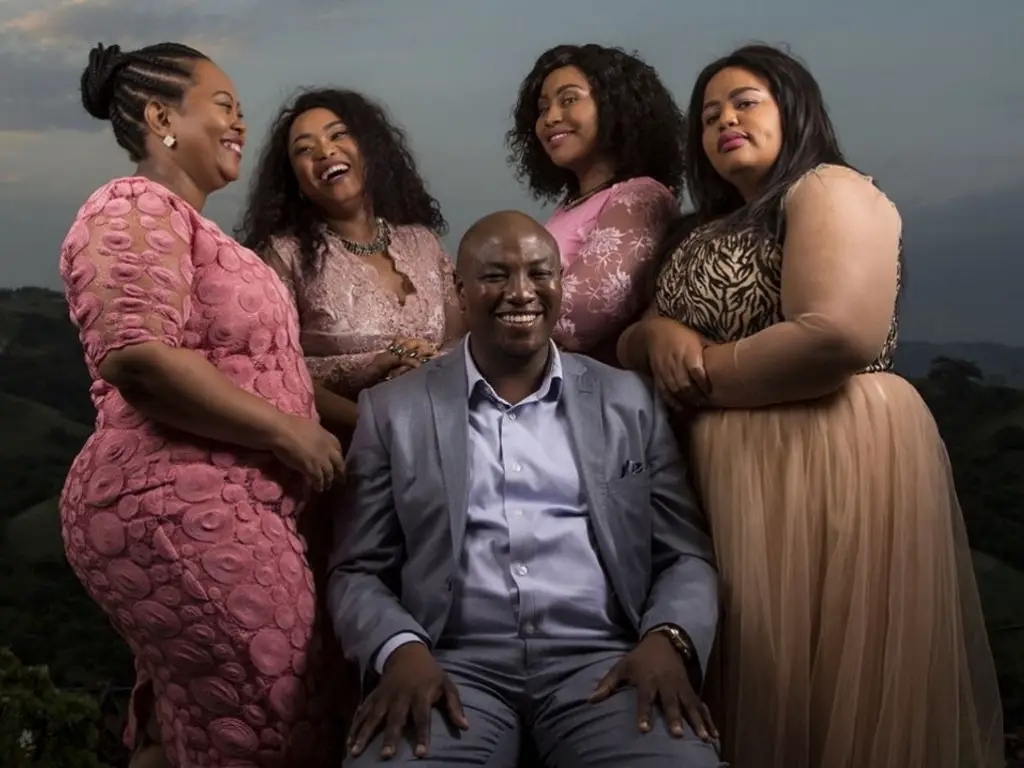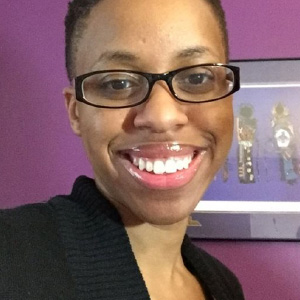While polygamy, especially when referred to as polyamory or even pansexuality, may seem like a modern-day concept to some, the practice of having multiple spouses, or at least multiple lovers, has been around for centuries. In the Bible, in fact, King Solomon was reputed to have more than seven hundred wives, and he was considered the wisest man to have ever lived. Today, though, most state institutions frown on polygamy, and in America it really only exists in backwoods barn houses and outdated myths surrounding Mormons.
However, in South Africa, polygamy is still very relevant. It is most common amongst the Zulu ethnic group, and South Africa’s president, Jacob Zuma, who is Zulu, has three wives himself. In an article, Ndela Ntshangase, a lecturer in the school of Zulu studies at the University of KwaZulu-Natal, talks about how there was a clash in opinions about polygamy during the nineteenth century. Missionaries of the era preached that conversion to Christianity entailed the divorcing one’s extra wives, and their doctrine caused the practice to diminish in popularity, though it did not eradicate the long-held tradition.
In fact, despite nearly constant backlash, polygamy has continued into the modern age amongst Zulus. Traditionally, the practice took root in the culture as an economic safety net, in that having more wives in one family means that the family unit had access to more incomes, more children and a stronger support system. Modernity has mostly curtailed that train of thought, but the practice lives on for another pertinent reason; as Ntshangase explains, the boy-girl balance in southern Africa is skewed. Females outnumber males, whose numbers have been depleted by what the author calls “unnatural deaths” in war and other hazardous activities. Thus, the tradition was, and still is, considered beneficial to women, as it offers them a degree of economic security.
While there are people who simply cannot help but consider polygamy immoral, some practitioners want to change the negative perception of their way of life. In a rural homestead near Durban, on KwaZulu-Natal’s southern coast, Musa Mseleku lives with his four wives. Yes, four wives. On May 19, 2017, the show “Uthando Nes’thembu,” which translates to “Love and Polygamy,” premiered to tell the story of Musa Mseleku and his wives. During an interview with BBC Trending radio, Mseleku said, “One of the biggest misconceptions [about] polygamous lifestyles is that it is a culture which seeks to oppress women. That’s one of the reasons we wanted to do the show, to allow people to see that it’s not like that in our case. I want to show men that you can be in a polygamous relationship and also be a considerate husband.” Mseleku, a forty-three-year-old property developer and father of ten children, wants to positively influence people’s opinions about polygamy.
https://www.youtube.com/watch?v=5tphDoZ7YCw
The show explores the day-to-day lives of Mseleku and his family. People may not agree with the practice, but still find themselves watching the show to better understand the situation. How does having four wives work? Mseleku has admitted that having money has made polygamy easier, as each wife has her own house as well as two cars. They also have a family mechanic and a driver to take the children to school.
Still, money can not be the only explanatory factor, otherwise every rich man would have several wives. So, how does one successfully carry on a relationship with several different people? The answer appears to be patience and understanding. Throughout the show, Mseleku appears to have a unique relationship with each of his wives; he knows who they are as people, and he does not consider them to be the same.
The first wife, MaCele, has been described by Mseleku as a woman of few words, but who would strike back if provoked—she is not shy about her feelings and is vocal about what she does and doesn’t like. Though MaCele is Mseleku’s first wife, he met her while he was dating MaYeni. Because MaCele’s family had no problem with polygamy though, he married her first.
His second wife, MaYeni, has been described as calm, but she will push back when necessary. Mseleku described her as a good listener who will ask for an explanation when she does not understand what is being said. Mseleku met MaYeni first, but marriage and polygamy were not initially on his mind. Once he decided he wanted to practice polygamy, he made MaYeni aware of the revelation, but her family did not approve of the relationship. The two had to wait for MaYeni’s family’s approval, and during the wait, Mseleku married MaCele.
Mseleku describes his third wife, Thobile MaKhumalo, as an open book. He says that MaKhumalo used to hide her feelings before, but she is now more open, and his description shows how his patience and understanding creates a reliable relationship, no matter how many people are present. As for the fourth wife, MaNgwabe, Mseleku has described her as someone who is quiet and can hold a grudge for a long time. Mseleku said, “She always reminds me of past incidences when I forget to do something.” The action shows trust between Mseleku and his fourth wife, as she does not mind nagging him. MaKhumalo and MaNgwabe were introduced during the time they were both Mseleku’s girlfriends, and they have been close friends ever since.
Mseleku has been described as loving, humble and respectful by his wives, and they all appreciate that he provides for their family. Despite the restrictions he imposes on their lives, such as curfews and their monogamy to him, the wives appear to be happy. What people might want to know most of all is how the wives get along. In the show, they appear to act like sisters, or in the way close female friends sometimes interact. They rely on one another and even seek each other out when they are looking for relationship advice. There has, of course, been tension in the relationships, as Mseleku must divide his time between them all, but so far they have made it work.
While the show has received mixed reviews, others have admitted to the series giving them a different outlook on polygamy. No tradition or culture is without its oddities, and while the practice of taking multiple wives is unlikely to suddenly become legal across the world, Mseleku and his family have shown audiences an entirely different way of life. While it is unlikely to unmoor the traditional system of monogamy in place across the world, couples can still learn a lot about relationships from the show, and having your way of life put into perspective is always beneficial.









